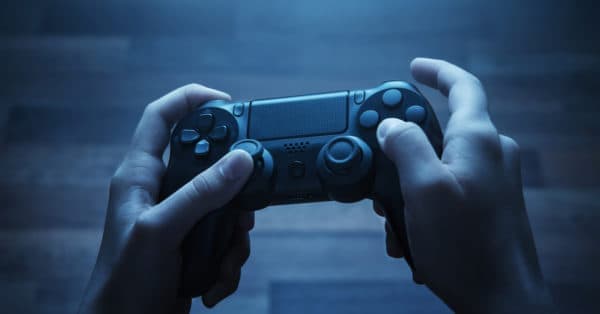A lot has been said about WHO proposing to add Gaming Disorder to ICD-11. It’s an important debate and crucial issue for parents of children who meet the extreme criteria set out in the Gaming Disorder guidance:
- Have impaired control over gaming.
- Give increased priority to gaming to the precedence of other areas of life.
- Continues or escalates gaming time, despite the occurrence of negative consequences.
- Significant impairment in personal, family, social, educational, occupational or other important areas of functioning.
- This gaming behaviour should normally be evident over a period of at least 12 months.
Can you get treatment on the NHS?
However, we are a long way from seeing NHS and other health organisations diagnosing patients with Gaming Disorder. The ICD-11 roadmap makes the timing clear. It’s not until May 2019 that ICD-11 will be presented to the World Health Assembly and then not until January 2022 that Member States will begin reporting health data using ICD-11.
What has started is the NHS field testing from 1st June to 31st March 2019. After that, NHS Digital will “consider the readiness of the health and care system for an ICD-11 migration”.
Effect of gaming on children
What is happening right now is a much-needed debate about how we can better understand why our children play games and what that experience does to them. This includes a whole range of concerns from addiction to simply getting children to stop when asked.
It’s this debate, rather than the WHO label where real health can be found. Pinning hopes on the Gaming Disorder diagnosis means that we, as Ukie CEO Dr Jo Twist OBE recently wrote, “risk giving parents and carers the excuse to rush to a medical solution instead of taking a step further in talking and understanding and enjoying these worlds together. We risk vulnerable people being exploited and mistreated. We risk overloading already vulnerable health systems.”
All games are not created equal
There is also concern from some quarters over the validity of such a broad diagnostic definition for such a diverse media. Twist wrote, “there is a real concern that all games are being treated as a homogeneous whole with no understanding of the complexity and diversity of these digital worlds, which offer increasingly sophisticated stories, characters, competition, social connections, and fun. It also ignores potential underlying issues that may drive some people to seek solace in digital worlds. Indeed, we already know how much games can actively help people deal with the world around them in therapeutic ways.”
More than labelling, we need to help parents guide their children towards gaming health from a young age. Parents need resources that equip them to make informed decision and encourage a varied diet of games. This will help them steer children away from monotone cyclical blockbuster titles and towards the wider range of experiences on offer.
The positive impact of gaming on children
I’ve often written how games have instilled all kinds of character traits in my children: curiosity, compassion, resilience, confidence, problem solving and patience. So much so I make weekly videos for parents and am writing a book to help mums and dads guide children to gaming health. Taming Gaming, which provides simple family gaming recipes to make more games accessible to more people.





